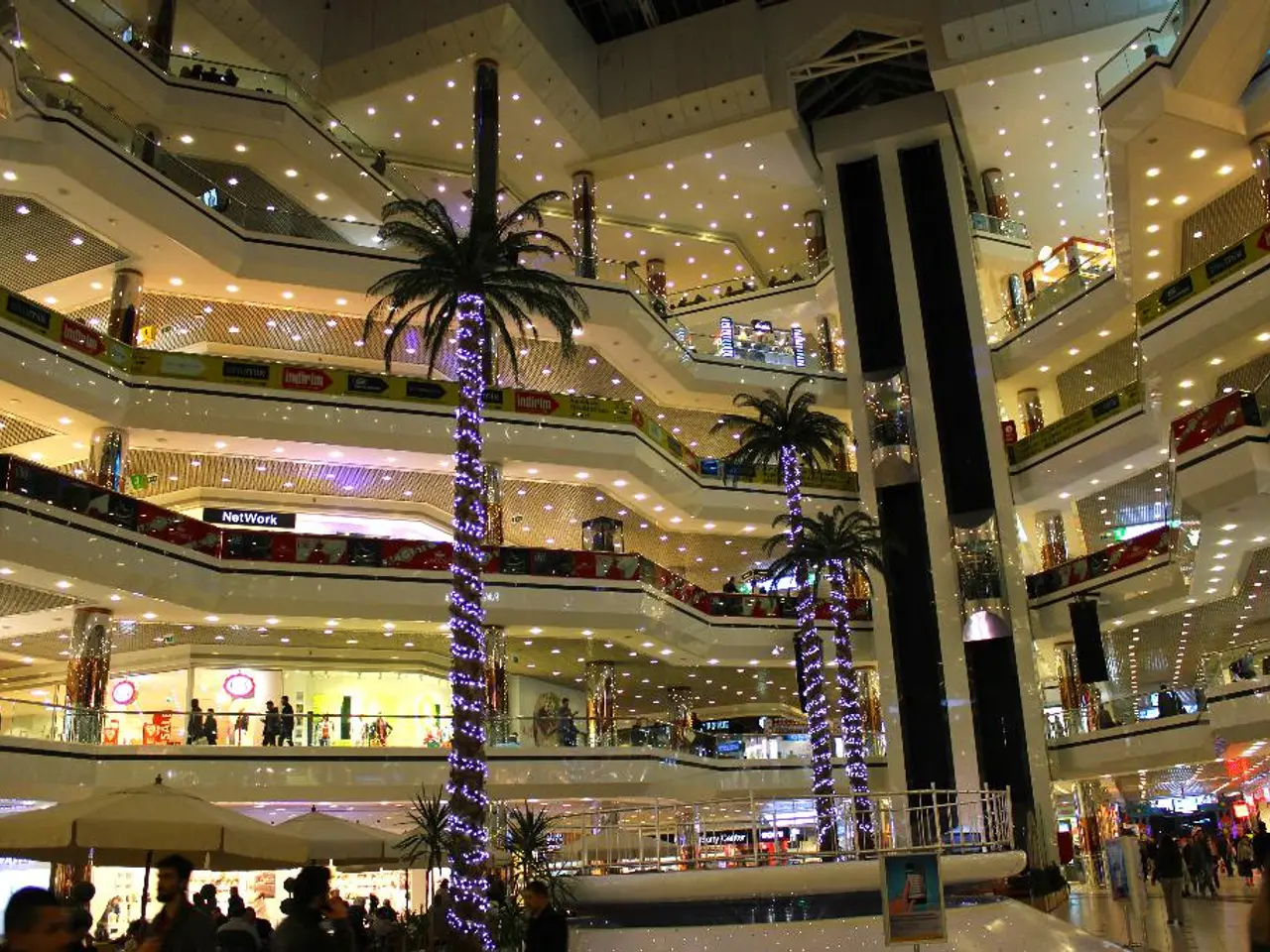Ambitious Progressive Plans of Zohran Mamdani May Face Similar Fate as Bill de Blasio's
Bill de Blasio, who served as the mayor of New York City from 2014 to 2021, faced a mix of triumphs and challenges during his tenure. His mayoralty was marked by significant issues such as inequality, homelessness, and the controversial practice of stop-and-frisk.
Upon taking office, de Blasio inherited a city with crime at historic lows. His campaign focused on fighting inequality, funding universal pre-K, ending stop-and-frisk, and launching an ambitious affordable-housing program. However, the implementation of Mandatory Inclusionary Housing (MIH) policy, intended to increase affordable housing, added costs that stalled projects in weaker markets and deterred rezonings in stronger ones. As a result, the city faced faster increases in rent than income.
One of the most contentious issues during de Blasio's time as mayor was the stop-and-frisk practice, which drew national attention. His policing approach, which included curtailing stop-and-frisk and balancing reform with public safety, was emphatically rejected by voters in 2021, who elected a retired police officer, Eric Adams, mayor on a law-and-order platform.
De Blasio's biggest success was the creation of universal pre-K. However, it was funded by the state budget instead of a millionaire's tax due to state legislators' rejection. Another initiative, ThriveNYC, a $1 billion mental-health initiative led by de Blasio's wife, Chirlane McCray, drew criticism for its vague goals, opaque budgets, and questionable spending.
The rivalry between de Blasio and Governor Cuomo, characterised by overlapping authorities and mutual distrust, influenced city policy on various aspects, including housing, mayoral control of schools, and pandemic management.
The political landscape of New York City has seen a shift towards progressive politics. Membership in the Democratic Socialists of America surged following Donald Trump's 2016 victory, fueled by disillusionment with centrist Democrats and a hunger for structural change on housing, policing, and the economy. By the end of de Blasio's second term, DSA-backed candidates were winning city council, state legislative, and congressional races, reshaping the city's political map.
If elected, Zohran Mamdani, a DSA member, will face many of the same structural constraints that de Blasio did, including state control over revenue, taxation, and core regulatory powers. Mamdani's mayoral platform includes proposals for public grocery stores, rent freezes, and increased spending. However, housing policies that burden rather than free the market may fail to reduce rents, as they did for de Blasio.
Liena Zagare, the editor of The Bigger Apple and the founder of Bklyner, a Brooklyn-based news outlet, has provided insights into the city's political landscape through her appearances on The Perez Notes podcast. She has observed the rise of progressive politics and the challenges that mayors like de Blasio and potential successors like Mamdani may face.
The first major protest during Mamdani's mayoralty will test his ability to keep order without fracturing his coalition. It remains to be seen how Mamdani will navigate these challenges and whether he can deliver on his promises to address the city's persistent issues.
Read also:
- visionary women of WearCheck spearheading technological advancements and catalyzing transformations
- Nursing home, St. Luke's, bids farewell to Beate Kalowsky after 34 years of service.
- California Senator Kamala Harris announces she will not seek the governorship in 2026, instead hinting at future professional ventures.
- Surprise in the restroom: Rodents emerging from the toilet bowl - "Preventive Measures"








